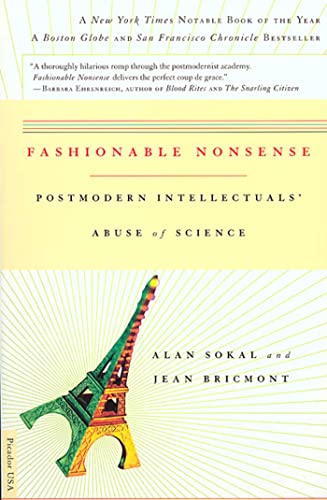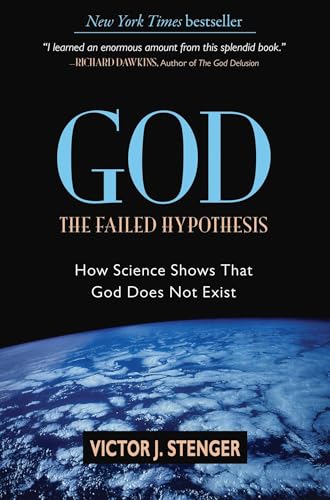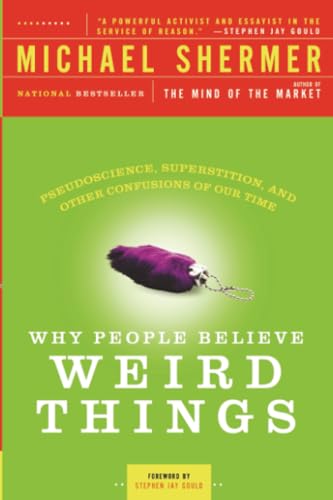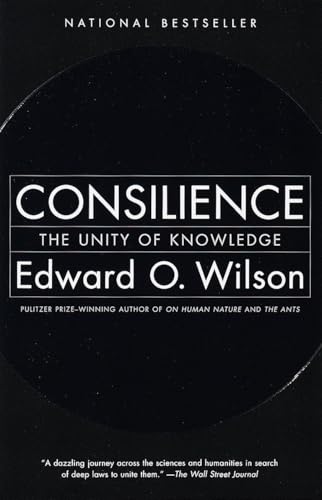10 Best Science Books to Make you a Genius
Discover the 10 best science books that can turn you into a genius! Explore top picks from renowned authors to master physics, biology, and more. Start your genius journey today!

Book
Guns Germs and Steel
by Jared Diamond
"Fascinating.... Lays a foundation for understanding human history."—Bill Gates Winner of the Pulitzer Prize, Guns, Germs, and Steel is a brilliant work answering the question of why the peoples of certain continents succeeded in invading other continents and conquering or displacing their peoples. This edition includes a new chapter on Japan and all-new illustrations drawn from the television series. Until around 11,000 BC, all peoples were still Stone Age hunter/gatherers. At that point, a great divide occurred in the rates that human societies evolved. In Eurasia, parts of the Americas, and Africa, farming became the prevailing mode of existence when indigenous wild plants and animals were domesticated by prehistoric planters and herders. As Jared Diamond vividly reveals, the very people who gained a head start in producing food would collide with preliterate cultures, shaping the modern world through conquest, displacement, and genocide.The paths that lead from scattered centers of food to broad bands of settlement had a great deal to do with climate and geography. But how did differences in societies arise? Why weren't native Australians, Americans, or Africans the ones to colonize Europe? Diamond dismantles pernicious racial theories tracing societal differences to biological differences. He assembles convincing evidence linking germs to domestication of animals, germs that Eurasians then spread in epidemic proportions in their voyages of discovery. In its sweep, Guns, Germs and Steel encompasses the rise of agriculture, technology, writing, government, and religion, providing a unifying theory of human history as intriguing as the histories of dinosaurs and glaciers.

Book
The Moral Animal
by Robert Wright
One of the most provocative science books ever published—"a feast of great thinking and writing about the most profound issues there are" (The New York Times Book Review). "Fiercely intelligent, beautifully written and engrossingly original." —The New York Times Book Review Are men literally born to cheat? Does monogamy actually serve women's interests? These are among the questions that have made The Moral Animaled one of the most provocative science books in recent years. Wright unveils the genetic strategies behind everything from our sexual preferences to our office politics—as well as their implications for our moral codes and public policies. Illustrations.



Book
The Blind Watchmaker
by Richard Dawkins
Reprint of the 1987 original with a new introduction and preface. Annotation copyrighted by Book News, Inc., Portland, OR


Book
The Fabric of the Cosmos
by Brian Greene
NATIONAL BESTSELLER • From one of the world’s leading physicists and author of the Pulitzer Prize finalist The Elegant Universe, comes “an astonishing ride” through the universe (The New York Times) that makes us look at reality in a completely different way. Space and time form the very fabric of the cosmos. Yet they remain among the most mysterious of concepts. Is space an entity? Why does time have a direction? Could the universe exist without space and time? Can we travel to the past? Greene has set himself a daunting task: to explain non-intuitive, mathematical concepts like String Theory, the Heisenberg Uncertainty Principle, and Inflationary Cosmology with analogies drawn from common experience. From Newton’s unchanging realm in which space and time are absolute, to Einstein’s fluid conception of spacetime, to quantum mechanics’ entangled arena where vastly distant objects can instantaneously coordinate their behavior, Greene takes us all, regardless of our scientific backgrounds, on an irresistible and revelatory journey to the new layers of reality that modern physics has discovered lying just beneath the surface of our everyday world.

Book
The Structure of Scientific Revolutions
by Thomas S. Kuhn
Thomas S. Kuhn's classic book is now available with a new index.

Book
A Short History of Nearly Everything
by Bill Bryson
One of the world’s most beloved writers and New York Times bestselling author of A Walk in the Woods and The Body takes his ultimate journey—into the most intriguing and intractable questions that science seeks to answer. In A Walk in the Woods, Bill Bryson trekked the Appalachian Trail—well, most of it. In A Sunburned Country, he confronted some of the most lethal wildlife Australia has to offer. Now, in his biggest book, he confronts his greatest challenge: to understand—and, if possible, answer—the oldest, biggest questions we have posed about the universe and ourselves. Taking as territory everything from the Big Bang to the rise of civilization, Bryson seeks to understand how we got from there being nothing at all to there being us. To that end, he has attached himself to a host of the world’s most advanced (and often obsessed) archaeologists, anthropologists, and mathematicians, travelling to their offices, laboratories, and field camps. He has read (or tried to read) their books, pestered them with questions, apprenticed himself to their powerful minds. A Short History of Nearly Everything is the record of this quest, and it is a sometimes profound, sometimes funny, and always supremely clear and entertaining adventure in the realms of human knowledge, as only Bill Bryson can render it. Science has never been more involving or entertaining.
